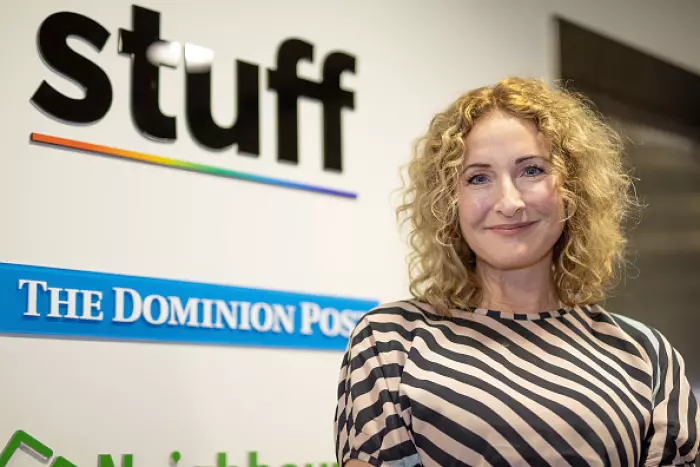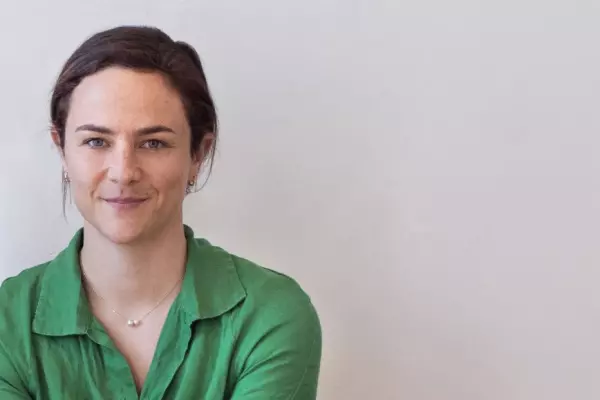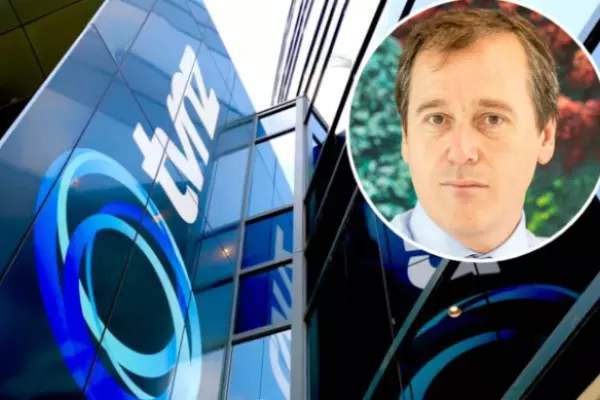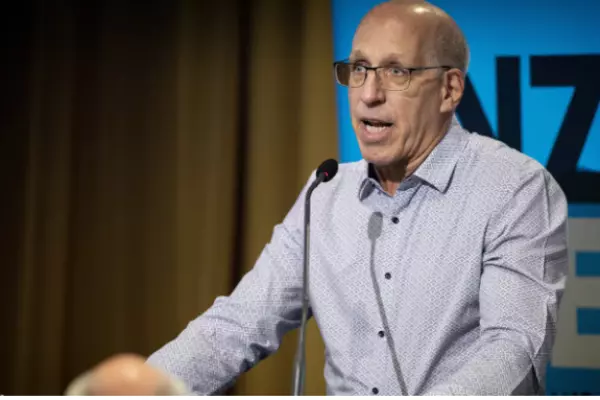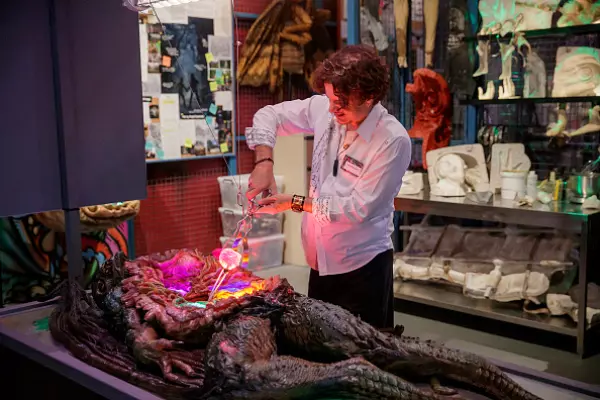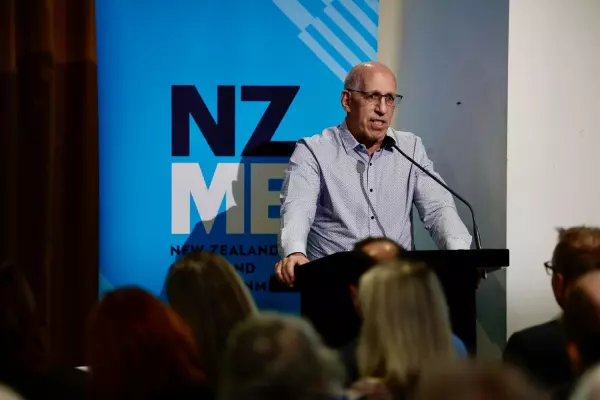Stuff is set to launch two paid regional newsletters through online platform Substack, as part of the US company’s local news initiative.
The NZ publisher has received funding to create two Substack publications focused on “news coverage in under-served regions in New Zealand”.
Stuff is the first recipient of funding as part of Substack Local, a US$1 million (NZ$1.3m) project to boost local news coverage across the globe.
The Kiwi newspaper owner has not yet determined where its paid newsletters will be based, or how it will recruit staff for the venture.
Stuff editorial director Mark Stevens described the partnership with Substack as “a great opportunity to learn about the rising popularity of paid newsletters, the type of newsletter content people in NZ are willing to pay for, and new revenue models that we might be able to tap into in the future”.
“It also augments our deep reporting of local issues on Stuff and in our newspapers,” he said.
The editorial director said Stuff and Substack had “a common interest in helping local journalism flourish”.
As part of the agreement, Stuff will “participate in and contribute to” Substack Local’s mentorship programme. A Substack Local judging panel will select 30 local news writers around the world, who will be given guidance and business support to set up newsletters.
The deal is Stuff’s second in as many months with US tech companies. Last month, Stuff announced it had received funding from Google to tackle covid-19 misinformation, as the search engine giant prepares to launch Google News Showcase in NZ.
The Substack project comes as the national government seek to protect local journalism amid a decline in traditional advertising revenues. New Zealand on Air is set to distribute a $50m government fund for public interest journalism to help prop up the industry.
The nation’s largest news publishers and owners of local titles have struggled in recent years. NZME has cut more than 200 jobs, while Stuff’s former owner, Nine Entertainment, came close to shutting the business down last year.


